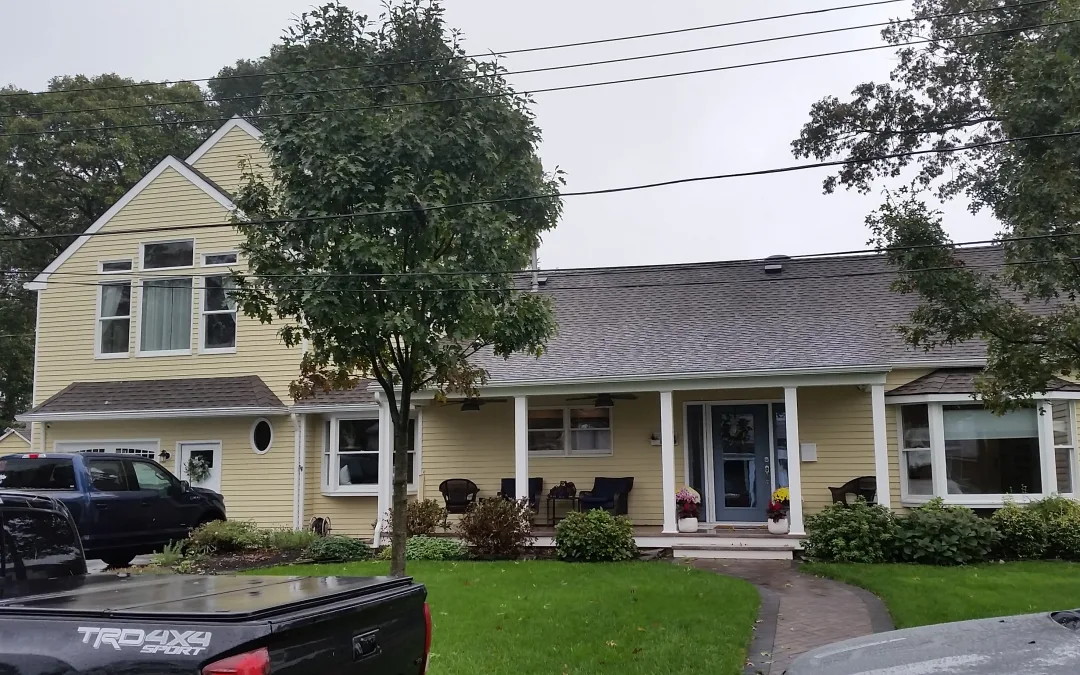Seasonal Home Inspection: Winter Prep Tips for New Jersey Homeowners
As New Jersey temperatures drop, winter weather can expose weaknesses in your home that often go unnoticed during warmer months. A winter home inspection ensures your property is properly sealed, insulated, and prepared to handle snow, ice, and freezing temperatures — saving you from costly repairs later.
1. Check Insulation and Air Sealing
Insufficient insulation is one of the biggest contributors to energy loss in the winter. Inspect your attic and crawlspace for signs of thin or missing insulation. A professional inspector will look for cold drafts near windows, outlets, and light fixtures — areas where warm air commonly escapes.
Weatherstripping around doors and windows should also be checked and replaced if damaged. Simple improvements in insulation and sealing can reduce your heating bills and improve overall comfort.
2. Roof and Gutter Inspection
Heavy snow and ice can put significant strain on your roof. During a winter prep inspection, we check for loose shingles, sagging areas, and compromised flashing. These vulnerabilities often lead to water intrusion when ice dams form along the roof edge.
Gutters and downspouts must be clear of debris to allow melting snow to drain properly. Inspectors also ensure that water runoff is directed away from your foundation to prevent freezing and structural issues.
3. Heating System and Ventilation
Before the first frost, make sure your heating system has been serviced. A home inspection can help identify inefficient or unsafe HVAC operation. We test thermostats, examine the furnace for rust or corrosion, and ensure vents are unobstructed.
Carbon monoxide detectors should also be tested and batteries replaced. Poor ventilation combined with combustion appliances is one of the most overlooked winter hazards.
4. Plumbing and Crawlspace Protection
Frozen pipes are a major cause of property damage in cold weather. Inspectors check that all exposed plumbing in crawlspaces and basements are properly insulated and that the crawlspace has adequate vapor barriers in place.
We also look for leaks around foundation walls or at hose bibs — small issues that can turn into serious water problems once freezing temperatures arrive.
5. Exterior Maintenance and Safety Checks
Walkways, driveways, and exterior stairs should be checked for cracks or uneven surfaces that become hazardous when covered with snow or ice. Inspectors also verify that exterior lighting is operational to improve safety during darker winter months.
Trimming back overhanging branches can prevent roof and powerline damage during snowstorms.
Why Winter Inspections Matter
A winter home inspection offers more than just peace of mind. It helps homeowners identify maintenance issues that can lead to structural damage, water leaks, or energy inefficiency. At McFaulds Inspection Consultants, we help protect your investment through every season.
Contact us today to schedule your winter home inspection in Ocean and Monmouth County, NJ. Our certified inspectors provide thorough evaluations to help you prepare your home for the cold months ahead.
Keywords: winter home inspection NJ, cold weather home inspection, seasonal home maintenance tips, home inspector Ocean County, home inspector Monmouth County, winter preparation tips

